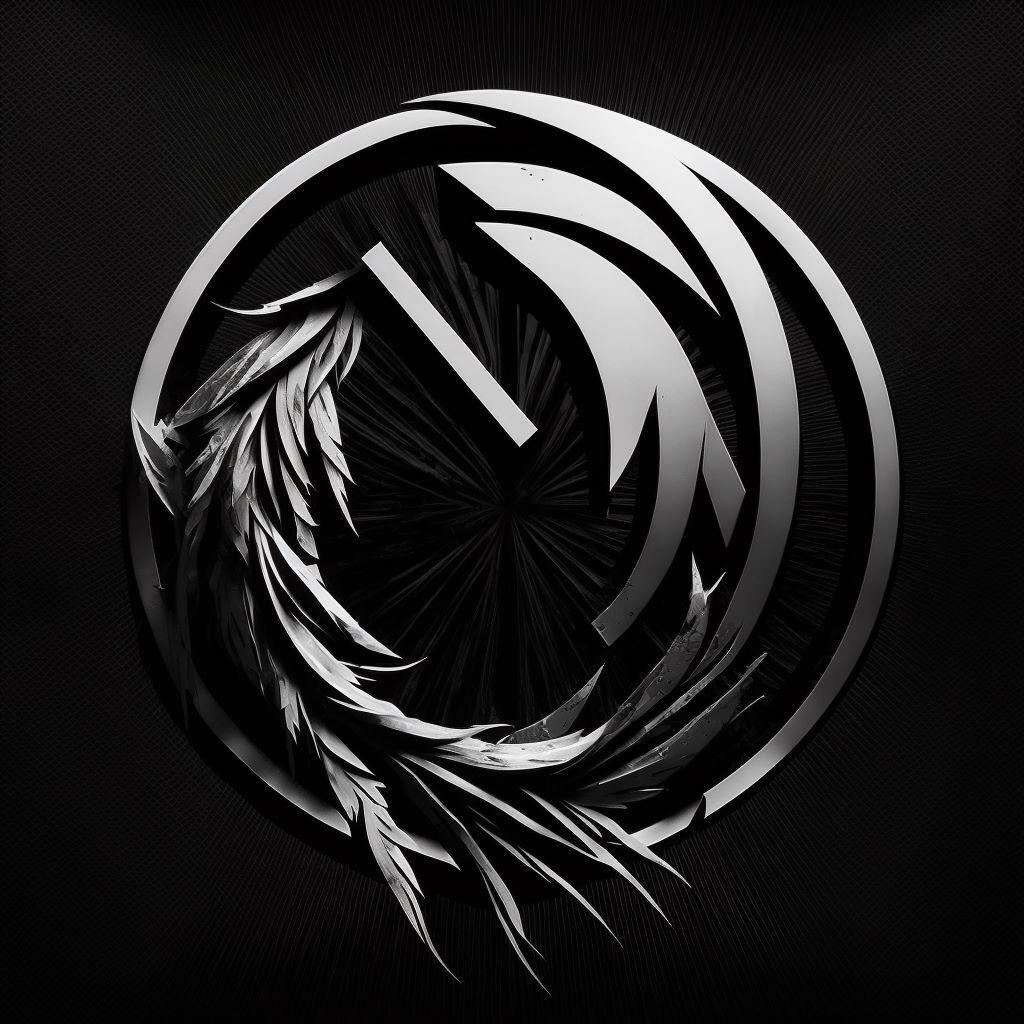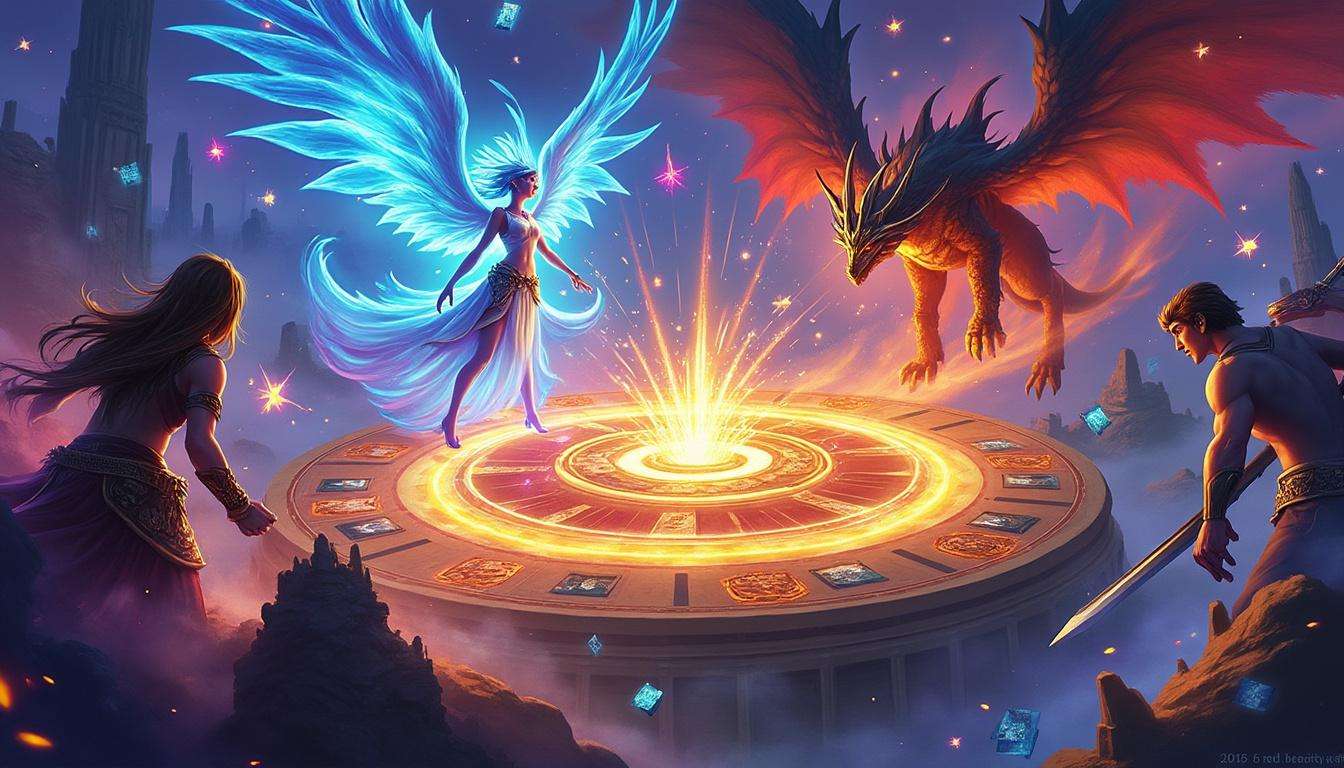With Riot Games venturing deeper into physical card games, Riftbound emerges as a bold reimagining of the trading card game (TCG) experience, extending the beloved League of Legends universe beyond its digital borders. While avid fans of Magic: The Gathering, Hearthstone, and Yu-Gi-Oh! might spot familiar pillars, Riftbound introduces innovative mechanics and fresh fantasy strategy elements designed to captivate both seasoned veterans and newcomers alike. As a 2025 release, this League of Legends TCG redefines card mechanics and multiplayer engagement, offering a distinctive blend of tactical depth anchored firmly in the champion-driven essence of the franchise.
How Riftbound Reinvents Trading Card Game Fundamentals With League Of Legends Flair
Riftbound, Riot’s freshly minted League of Legends TCG, leverages key aspects that resonate with Magic: The Gathering fans while steering gameplay toward novel strategic horizons. The game employs a simplified combat system with a single combat stat, yet introduces powerful “moments of power” through champion-focused abilities that echo the intensity of ULTS in the original MOBA.
- Champion-Centered Deckbuilding: Each 40-card deck is built around a dual-color champion legend card representing iconic League characters like Jinx or Darius. This legend offers unique static or activated abilities, shaping player strategies and adding personality to every match.
- Multiplayer Modes Inspired by Commander: Riftbound supports not only competitive 1v1 battles but also free-for-all and 2v2 multiplayer formats, promoting social gameplay much like the MTG Commander format influences.
- Resource Management with the Rune Deck: Unlike Magic’s traditional mana system, Riftbound replaces lands with a dedicated Rune deck. Players play two Rune cards per turn which can be “exhausted” to pay costs or “recycled,” adding a dynamic ebb and flow to resource availability unparalleled in many digital card game designs.
- Area Control Victory Condition: Departing from the classic health depletion target, Riftbound awards victory to the first to reach eight points by controlling and holding battlefield locations, adding a fresh, spatial strategic layer to the TCG formula.
These features reveal how Riftbound both pays homage to and innovates upon long-standing TCG principles, setting it apart from contemporaries like Hearthstone’s digital pacing and Yu-Gi-Oh!’s combo-centric battles.
Riftbound’s Approach To Accessibility And Competitive Depth In The 2025 TCG Landscape
Riftbound was originally developed with a Chinese audience in mind but quickly expanded its scope globally due to overwhelming fan enthusiasm. Riot Games’ accelerated development timeline – starting in 2024 and targeting a worldwide English release by October 2025 – speaks volumes about its commitment to delivering a polished TCG experience with broad appeal.
- New Player Onboarding: Thanks to familiar mechanics and a compelling champion identity system, Riftbound is easy for newcomers to grasp. Players who hadn’t tried Magic before managed to pick up gameplay quickly, proving the game’s beginner-friendly design.
- Competitive Circuit Plans: Riot aims to build a serious esports ecosystem around Riftbound, leveraging its multiplayer versatility and strategic depth to attract both casual players and pros from the digital card game space.
- Art And Lore Integration: Utilizing art assets from Legends of Runeterra, Riftbound immerses players in the League of Legends universe, enhancing the fantasy strategy experience and leveraging beloved champion narratives.
- Product Range and Support: Starter trial decks, booster packs, and signature spells tied to champions emphasize Riot’s intent to nurture a thriving collector community.
From casual gatherings to intense tournaments, Riftbound’s design accommodates a spectrum of playstyles and enthusiasts in the ever-expanding trading card game market.
The Strategic Edge: Comparing Riftbound’s Card Mechanics To Magic: The Gathering’s Established Playstyle
While Magic: The Gathering remains the benchmark for trading card games worldwide, Riftbound introduces original mechanics worth exploring:
- Exhausting Cards Instead of ‘Tapping’: Riftbound’s terminology differs but achieves a similar purpose—cards are turned sideways to indicate they’ve been used, affecting resource management and combat timing.
- Signature Spells and Unit Zones: Champions come with unit cards placed in special zones from the start, plus signature spells reflecting their in-game abilities, further tying gameplay back to champion lore and offering tactical depth.
- Point Accumulation for Victory: Instead of life points, players accumulate victory points by strategically taking and holding battlefield locations, encouraging forward momentum and spatial control over just defense or attrition tactics.
- Resource Recycling: The rune recycling system introduces resource management wrinkles, where players decide between conserving resources for big plays or spending aggressively to maintain tempo.
This blend of tried-and-true and innovative card mechanics marks Riftbound as a compelling alternative in a crowded TCG space that includes Hearthstone and Yu-Gi-Oh! alike.
Community And Competitive Perspectives On Riftbound’s Position In The Modern TCG Market
Launching amidst a surge of new TCG entries such as Star Wars Unlimited, One Piece, and Disney Lorcana, Riftbound’s unique take could be the differentiator to secure its foothold.
- Engagement Through Familiar IP: Leveraging League of Legends’ massive player base ensures a baseline interest and easy adoption, bridging digital and tabletop realms.
- Social Play Emphasis: Multiplayer modes and a non-elimination point system foster a welcoming atmosphere, encouraging players to introduce friends to the trading card game world free from harsh early knockouts.
- Potential for Esports Growth: Riot’s history with League of Legends esports suggests Riftbound will benefit from organized competitions, possibly attracting TCG pros seeking new formats.
- Challenges In Deck Innovation: Currently limited to a handful of champion legends and fixed dual-color decks, Riftbound’s evolving card pool will be crucial in sustaining meta diversity and competitive freshness.
Given Riot’s high production standards and community-focused design, Riftbound could well redefine how we view physical trading card games tied to digital origins over the coming years.

